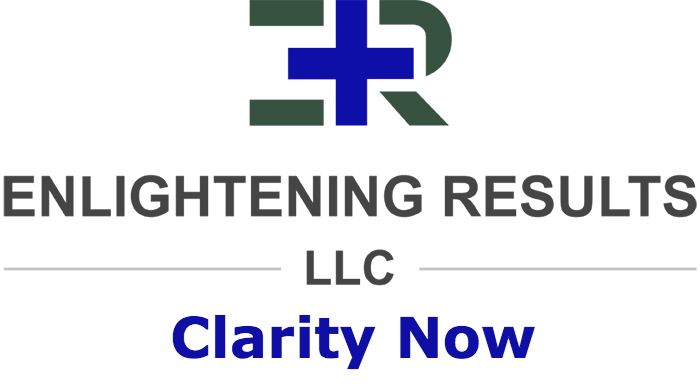SalivaDirect: Spitting Is Now Encouraged
/SalivaDirect received emergency use authorization (EUA) FDA approval today.
What's the big deal about SalivaDirect:
👉uses saliva that can be collected in any sterile container; no more long, uncomfortable swabs. (PS- there are reported shortages of the preferred thinner swabs, which means larger, thicker swabs are being used. Not fun.)
👉it's an approved protocol, not a kit. Any approved lab will be able to run these tests with materials they already have. A huge positive considering all the challenges we face with supply chain shortages.
👉costs a few dollars to run, not $150+ per test. This is important bc we need inexpensive testing so people can opt to test as frequently as needed. Think schools, universities, essential workers, and those returning to their offices in the coming months.
👉most accurate of currently available saliva tests at about 90% accuracy. Take 2 tests in a row if you need to be sure and boost accuracy to 99%. Think about pregnancy tests: does anyone ever really take just one?
👉rapid turnaround time, with about 90 results processed in about 3 hours. Laboratory tests can be pooled for processing: think a whole class or office can be pooled into a single test & we'd only need to test individually if the pooled test comes up positive. Currently, swab tests are taking 5-7 days to get results. We haven't even started school yet, hit flu season, nor do we have high cases like other parts of the country.
👉 it's being studied with the NBA, one of the most frequently tested groups of individuals in the world.
More about SalivaDirect here: https://covidtrackerct.com/about-salivadirect/

